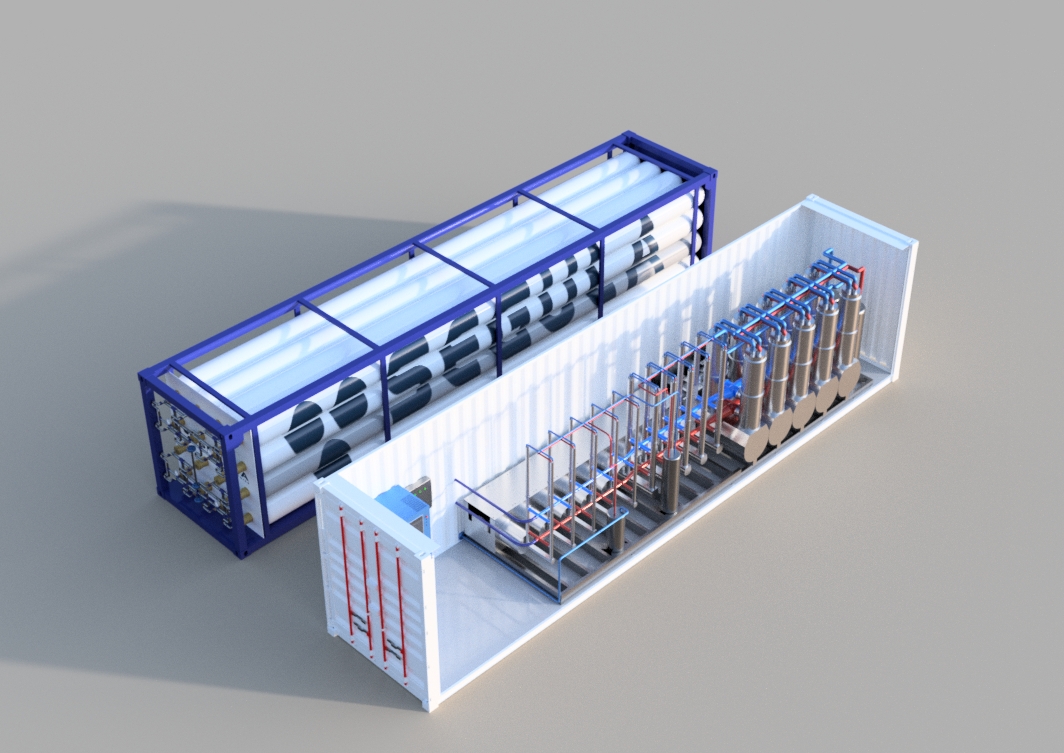The Canadian company behind a compressed-air energy storage facility proposed in Rosamond warned this week that the project’s $1.76 billion federal loan guarantee may be at risk if state officials grant a pair of deadline extensions requested by staff of the California Energy Commission.
Toronto-based project developer Hydrostor Inc. said agency employees assigned to the project have all the information they need to complete a preliminary staff assessment that is supposed to be done by Wednesday but which could take additional time if the commission allows it.
A representative of the company emphasized Wednesday in a filing with the agency that Hydrostor’s recent efforts to avoid or minimize potential impacts of the Willow Rock Energy Storage Center are not to be taken as changes in the project’s description.
“As a matter of good public policy, the review process should not result in applicants being placed in the position of ‘expect a delay if you do not consider an avoidance measure or expect a delay if you do,'” wrote Jeffery D. Harris, a lawyer with the Climate Edge Law Group.
The 500-megawatt installation would provide California’s power grid more than eight hours of backup electricity when renewable power sources are unavailable. It is expected to create hundreds of construction jobs and about 40 full-time positions.
Last week, a commission employee filed a motion blaming red tape, largely originating from other government agencies, for complications that have bogged down staff’s review. It pointed to a series of issues such as wastewater discharge and preservation of archaeological resources.
The request came less than three hours after the committee told staff to file the project’s preliminary assessment by no later than 5 p.m. Wednesday. Or, if it insists it lacks sufficient information to do so, then staff must identify what’s missing, show the chronology of efforts to get the information and explain the impact of not having it.
This week’s motion by Hydrostor, which is essentially a rebuttal asking the state to deny the staff request, said the stakes are high — not only the project’s ability to meet an energy-storage procurement mandate by the California Public Utilities Commission, as well as federal tax credits available to ratepayers, but also the federal loan guarantee offered by the Biden administration in January.
Granting the deadline extensions, if the commission agrees to do so, would change the project’s review schedule, potentially pushing back evidentiary hearings by a month and a half to mid-August. Expectations are that, regardless, approval could come by the end of this year, which is when Hydrostor proposes to start construction.
The company’s motion said staff has had all the information it needs for more than 30 days before the deadline request was submitted. It said this holds true for an application for two incidental take permits, a request filed with the state Department of Water Resources’ Division of Safety of Dams, a report related to the site’s cultural resources and notice of the removal of an evaporation pond and reverse osmosis system.
Despite questions about whether the dam safety division has jurisdiction over part of the project, Harris’ motion said the commission alone is the lead agency responsible for ensuring the project complies with the California Environmental Quality Act.
To address the division’s seismic loading and foundation concerns with the project’s compensation reservoir, Hydrostar is suggesting there be a post-approval condition of certification akin, Harris wrote, to the building code process.
As for the evaporation pond, Harris noted Hydrostor removed it in order to prevent schedule delays. Now, he wrote, most of the water from the operation will be reused immediately on-site or hauled away to a treatment facility.



